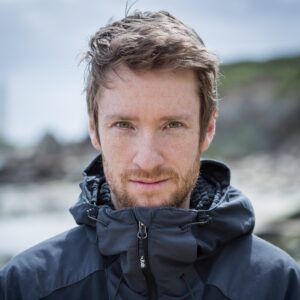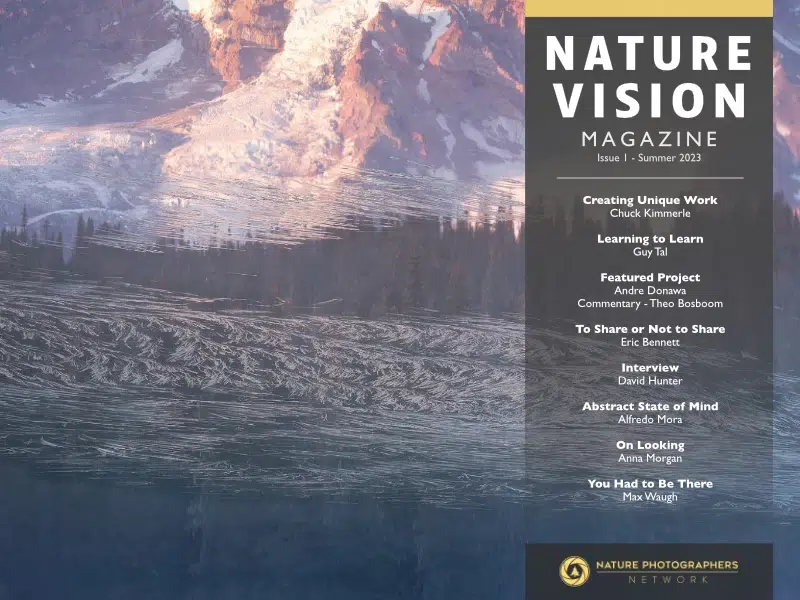I loathe the question, ‘Why shoot film?’.
The answer I give people – and if I’m honest, the answer I routinely give myself – is one of purpose. Are we only making images for technical perfection and stunning clarity? Or are we looking for a deeper experience, one of connection with nature, exercise for our body and mind, or a deeper understanding of light, shape, form, and composition? If we do photography for the experience, then the camera we use shouldn’t matter.
At the beginning I wanted total sharpness, clarity, and perfection with my images. But over the years I have evolved to care less about the technicalities and more about the experience of shooting and the overall impression of an image. If I cared only for the final photograph, the social media likes, and the immediate impact of a photograph, I would probably look towards introducing Artificial Intelligence (AI) into my workflow.
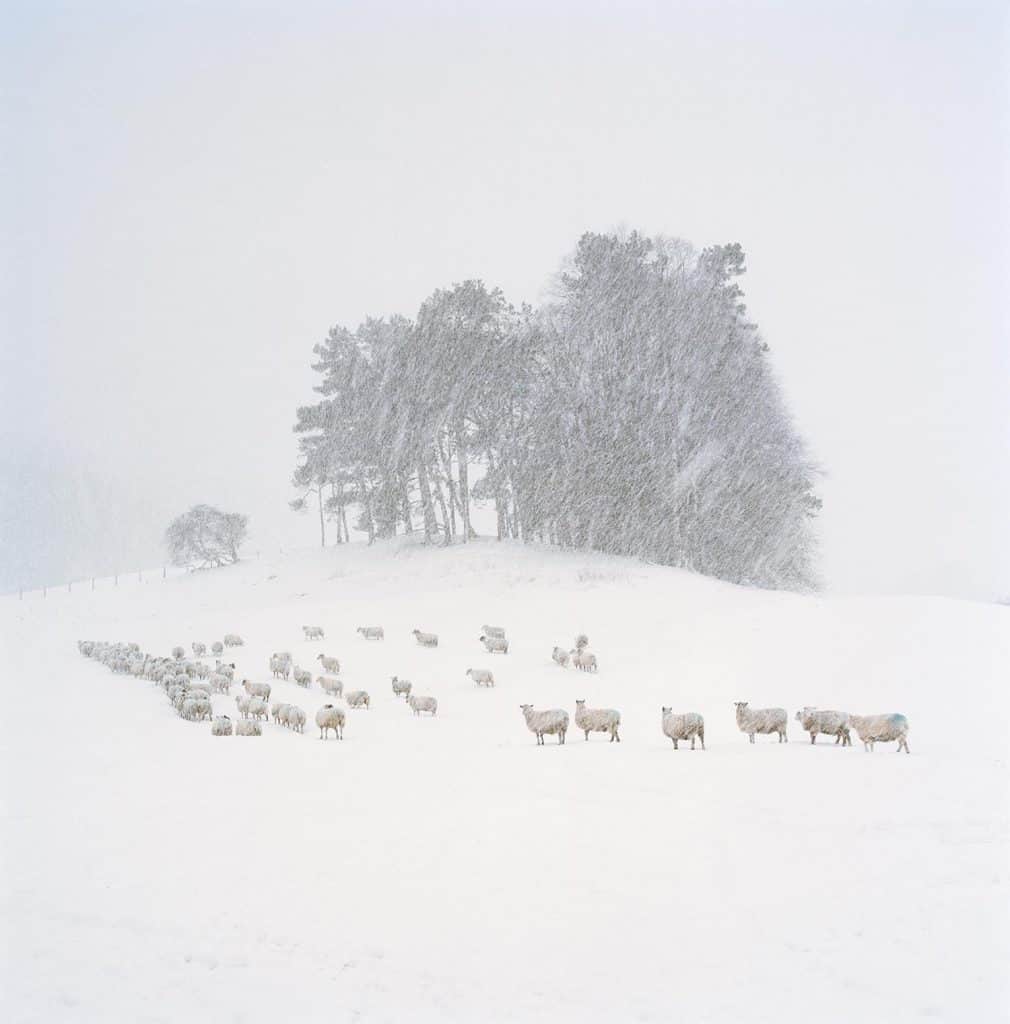
And what I like even less than the prefaced question is AI.
I must be clear though: I loathe AI but not those who choose to use it. I admire and respect anyone who creates art whether it is photography, painting, digital design, sketching, performance art, etc.
The reason I dislike AI is because it steals from me the very essence of what I seek with my photography. Where is the fun in taking a photograph only to have a piece of software create the light and atmosphere for you?
For me, landscape photography is about the pursuit of a vision or an idea that can only be found in nature and created by it. It’s about perseverance and weathering the elements; observing changes through time; recognizing compositions through light, objects, minerals, water, weather, and everything in between.
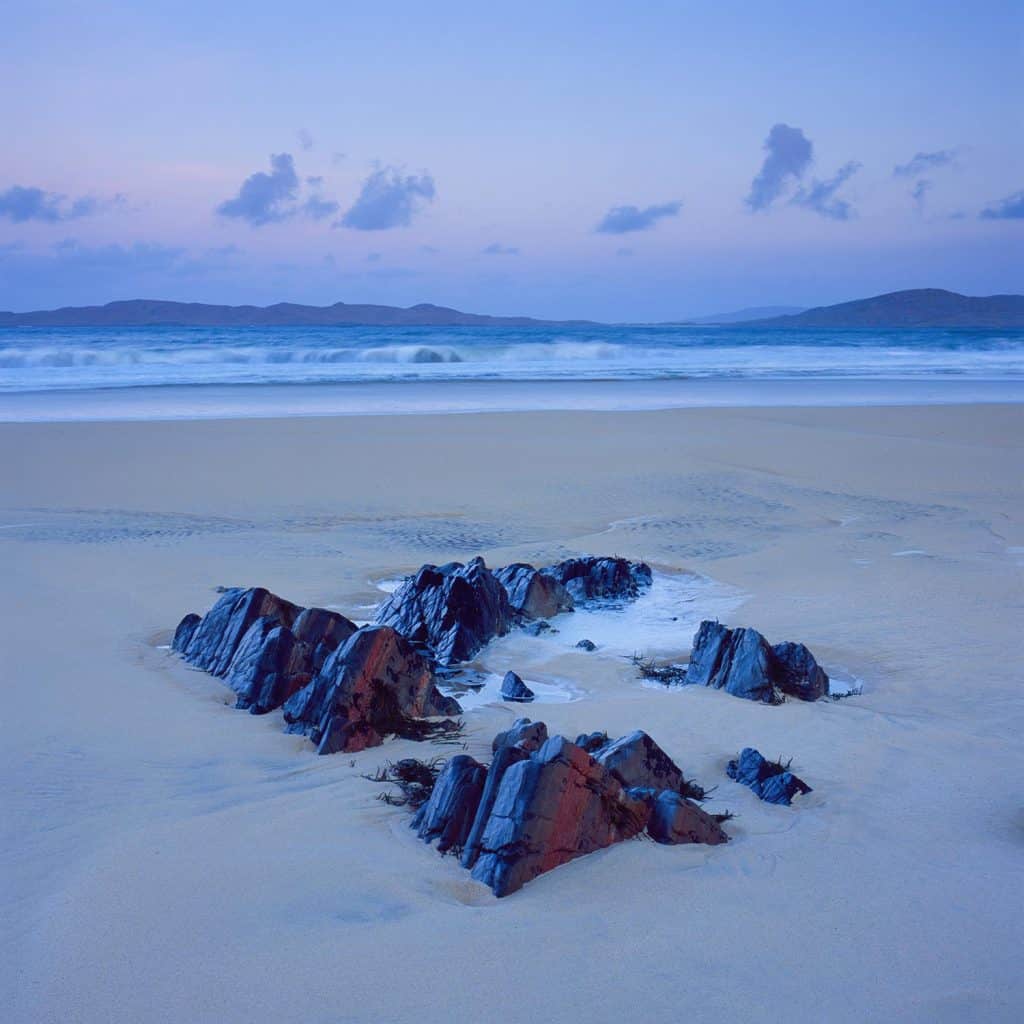
There are three primary reasons why I was drawn to film in the digital age:
1: Validation. I suffer with imposter syndrome and by shooting film (successfully) I hope to validate my skills as a photographer.
2: The relentless barrage of technology makes me want to turn heel and run. This includes new cameras and especially new software. But the film in my Hasselblad 501CM will never need an app to release its full potential.
3: Sometimes my digital camera leaves me feeling disconnected from what I am photographing. Having a live-view with a histogram is incredibly helpful, but I find myself looking at the back of my screen so much more than at the landscape. I take a shot and immediately judge it before moving on. With film, I am forced to study my subjects and understand the light and tonal range of the scene. I am far more cautious when taking an exposure. Film photography is slow, and the photographer must be deliberate and considerate. This improves my photography.
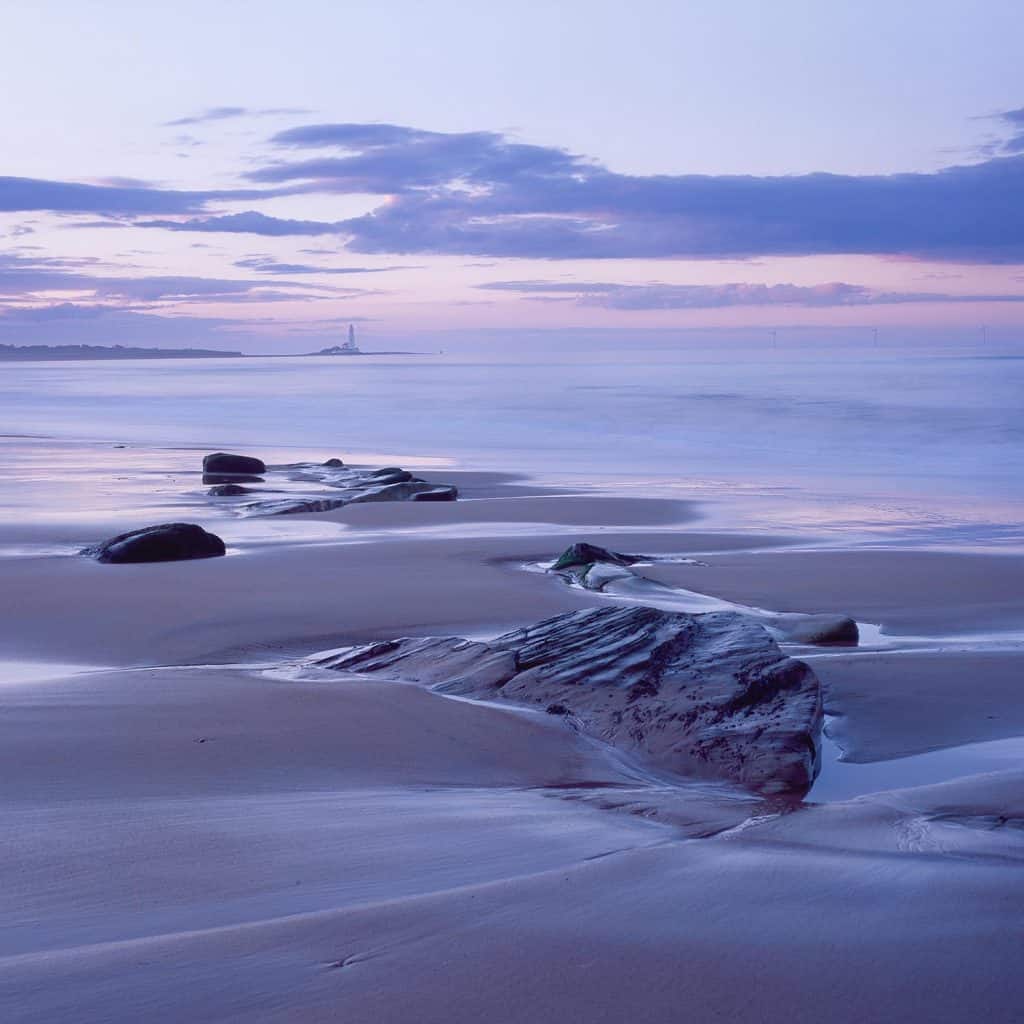
There is great satisfaction to be had by shooting analogue. The tactile feel of a mechanical camera is magnificent. If you have never experienced the ‘click clunk’ of a mirror slap followed by the manual progression of film as you wind on to the next shot, you haven’t lived.
When I capture an image I am happy with, that I worked hard for, that I struggled to achieve, then I feel incredibly satisfied and fulfilled, no matter what camera I was using. But, when I set off on foot in the dark with my film camera, analyse a composition, take a meter reading from corner to corner to ensure that I fully understand the tonal range of the scene, load a roll of film, wind it on, choose my focal point not based on a 100% magnification view on a three million dot LCD, but based on the reflection of a mirror or the DOF scale on the lens, make an exposure, wait two weeks for the film to be developed, open my envelope which was delivered by the postman, and place my strip of developed film on a lightbox to see that my exposure was perfect and the image is everything I wanted and more—that is true satisfaction and fulfilment.
Film photography is limiting and nowhere near as versatile as digital, but this must be looked at as a positive. When I go out with my film camera, I know that there are only certain scenes that I can photograph, and because of this restriction, I start to see and engage with the landscape differently. I am convinced that when out with my Hasselblad I see things that I would not notice when out with my digital camera.
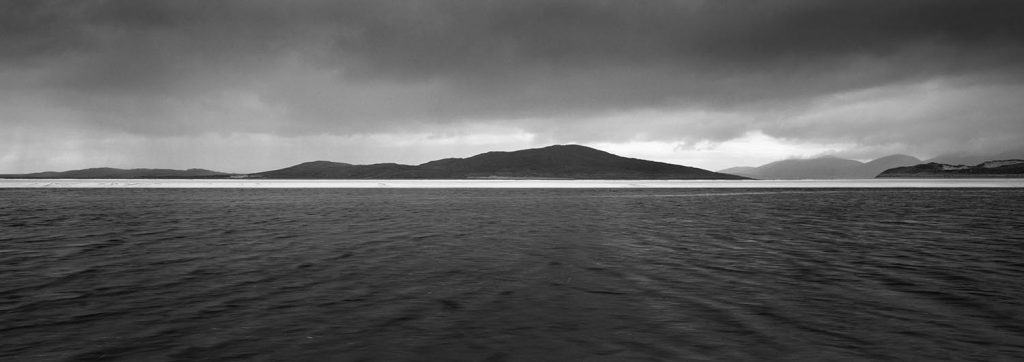
A cynical thought in the back of our minds when we see an outstanding photograph is: ‘Photoshopped’. I’m sure we’ve all reacted this way to images. There are photographers out there who manipulate photographs far beyond reality and well into the genre of digital art, even combining various locations to make a single image. The debate about digital art and photography is endless, but these techniques have created a certain cynicism within the landscape photography community.
Film has a look of honesty to it that a lot of people appreciate. When I see an outstanding image that was captured on film, my first thought is that of admiration for the photographer, their skill and the craft. I feel like those who realise a photograph was created on film have more of an emotional response to the image. This is anecdotal, of course, but people appreciate craft.
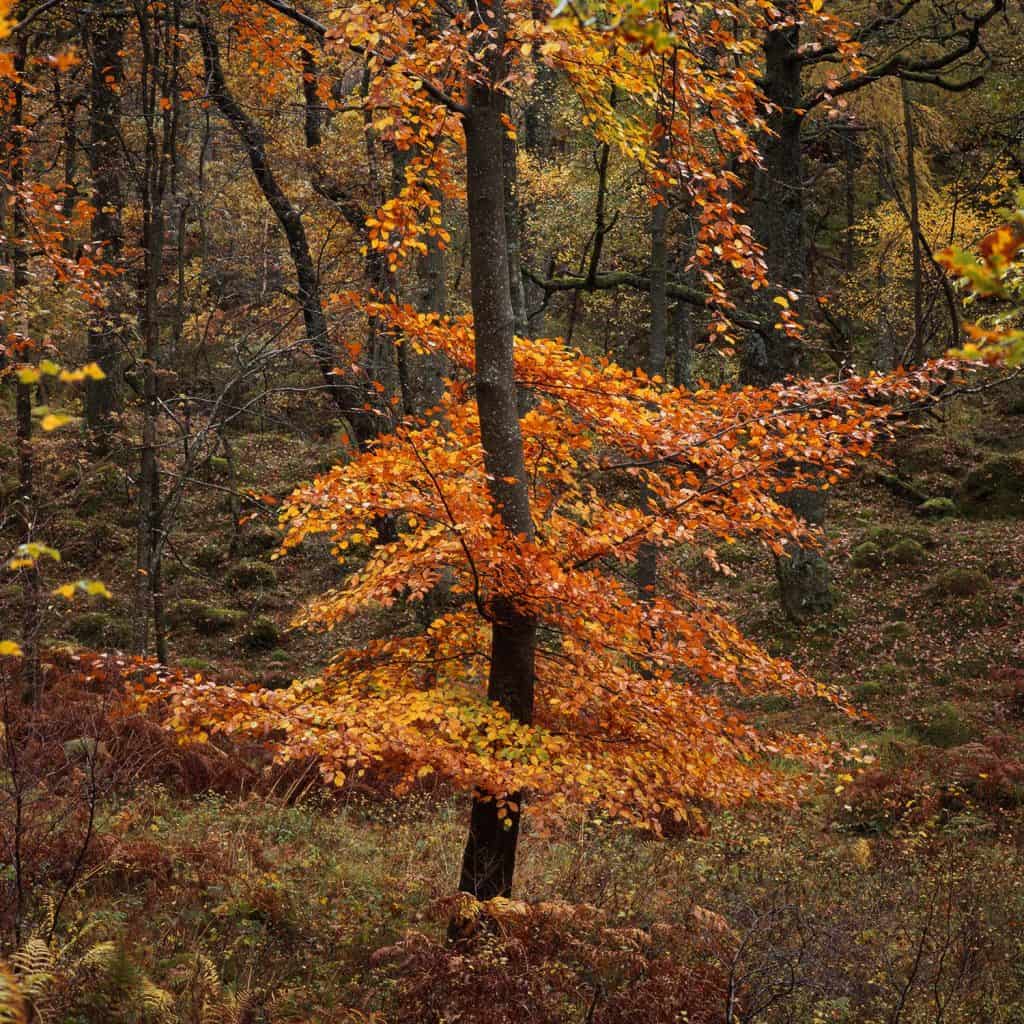
I hope you don’t think I’m a purist; I’m certainly not. I’m simply trying to articulate to you (and myself) why I am drawn to film. I still photograph 90% of my work on digital, and if I had a paid commission, I would always choose the versatility and reliability of my mirrorless system. I like to think of film photography as more of a hobby of mine.
Imagine a woodworker creating a cabinet on a CNC machine. It’s fast, precise, and efficient. Now picture the same design of cabinet being created with hand tools. The outcome would be similar, but different. I bet the handmade cabinet would have a little more charm and character but may not be as perfect as the CNC version.
To shoot film, you must be immune to doubt. The internal struggles I face when exposing film can be painful. Not once have I been certain of success. Most of the time I convince myself that I have royally messed up, but with each shoot and each success, these feelings of doubt become weaker. I am growing; I am learning; I am expanding my comfort zone. This is a joy.

